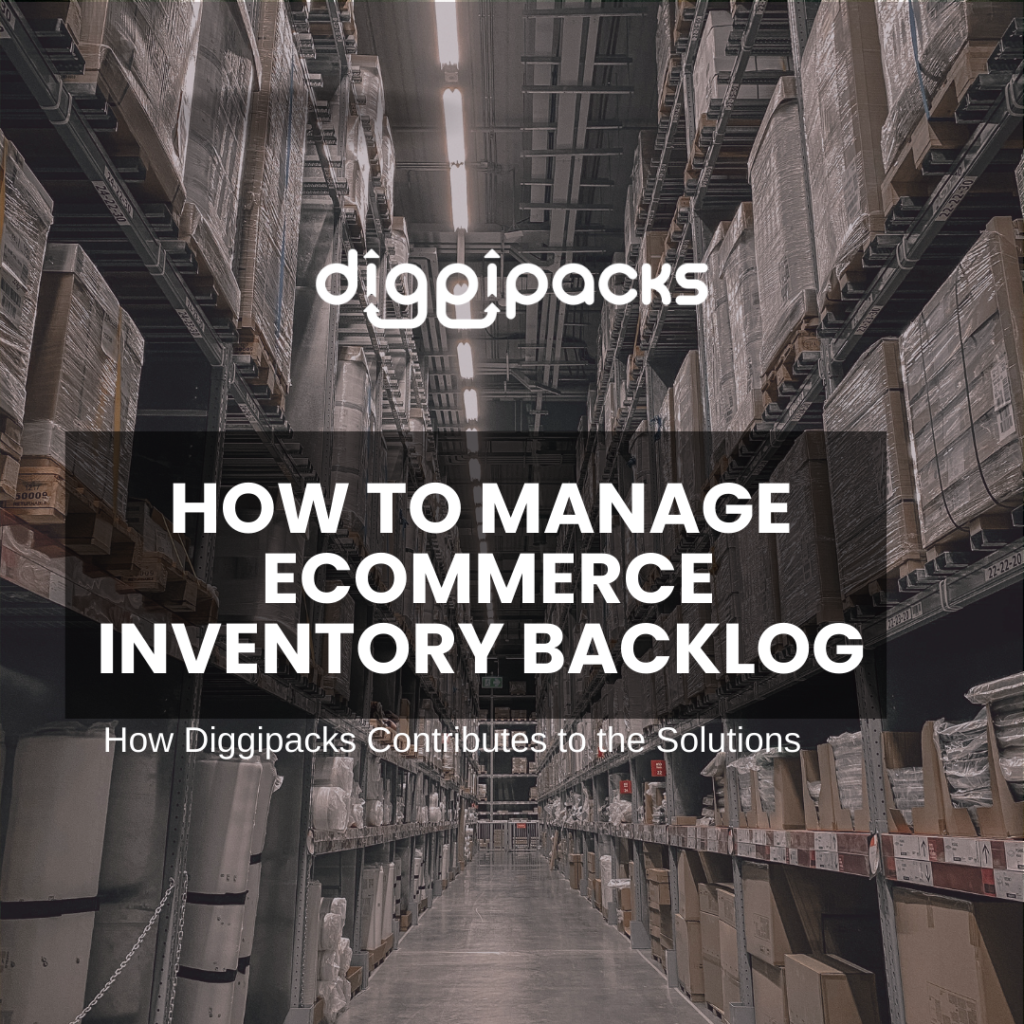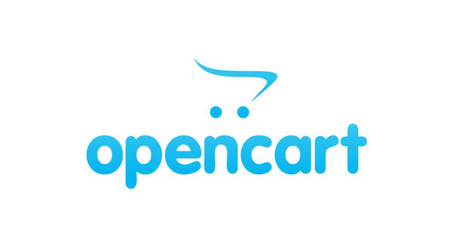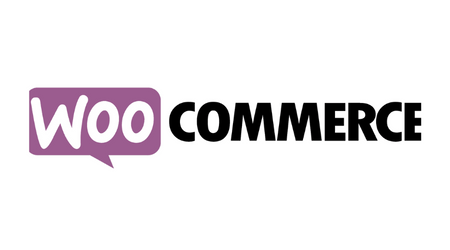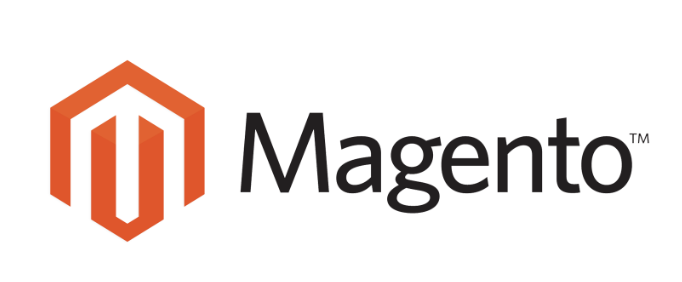How to Manage Ecommerce Inventory Backlog and How Diggipacks Contributes to the Solutions

In the fast-paced world of ecommerce, managing inventory backlog can present significant challenges for companies. An inventory backlog can lead to increased costs, reduced operational efficiency, and negatively impact customer experience. Therefore, implementing effective strategies to manage inventory and ensure a smooth flow of products is crucial. In this article, we will explore the best practices for managing ecommerce inventory backlog and how Diggipacks offers innovative solutions to help businesses overcome these challenges.
First: Understanding the Causes of Inventory Backlog
Before implementing strategies to address inventory backlog, it’s essential to understand the causes behind it, including:
- Inaccurate Demand Forecasting: Failing to predict future demand accurately can lead to over-purchasing of products.
- Inefficient Inventory Management: Lack of appropriate systems and technologies to manage and track inventory accurately.
- Supply Chain Issues: Delays or disruptions in the supply chain can lead to product accumulation.
- Over-Variety of Products: Offering an overly broad range of products without carefully analyzing each product’s performance.
- Insufficient Marketing: Lack of effective marketing strategies to quickly move products.
Second: Effective Strategies for Managing Inventory Backlog
1. Improve Demand Forecast Accuracy
- Analyze Historical Data: Use past sales data to predict future trends.
- Consider Seasonal Factors: Adjust demand forecasts based on seasons and special events.
- Leverage AI Technologies: Apply machine learning algorithms to improve forecast accuracy.
2. Implement Advanced Inventory Management Systems
- Real-Time Tracking: Use systems that allow continuous monitoring and automatic updates of inventory levels.
- Inventory Alerts: Set up alerts to notify you when inventory reaches critical levels, whether too high or too low.
- Platform Integration: Ensure the inventory management system integrates with sales and marketing platforms to ensure seamless information flow.
3. Execute Effective Promotional Strategies
- Discounts and Offers: Provide discounts to attract customers and move excess inventory.
- Targeted Marketing Campaigns: Use digital marketing to reach the right audience and boost sales.
- Enhance Customer Experience: Ensure a superior shopping experience to encourage repeat purchases.
4. Optimize Supply Chain Efficiency
- Close Collaboration with Suppliers: Build strong relationships with suppliers to ensure flexibility and quick responses to demand changes.
- Diversify Suppliers: Avoid relying on a single supplier to reduce disruption risks.
- Improve Storage and Transport Operations: Apply best practices to ensure a smooth and efficient flow of products.
5. Review and Diversify Product Portfolio
- Analyze Product Performance: Evaluate the sales and profitability of each product to make informed decisions about whether to keep or eliminate it.
- Focus on Best-Selling Products: Allocate resources and efforts to products that generate the most sales.
- Carefully Test New Products: Test new products in small quantities before expanding.
Third: How Diggipacks Provides Integrated Inventory Management Solutions
Diggipacks offers a range of innovative solutions and technologies that help ecommerce businesses efficiently manage their inventory and reduce the risk of backlog, including:
1. Advanced Inventory Management Systems
- Real-Time Inventory Tracking: Diggipacks enables customers to monitor inventory levels in real-time, helping in making quick and accurate decisions.
- Comprehensive Reports and Analytics: Diggipacks platforms provide detailed reports on inventory movement, helping in better demand forecasting and future planning.
- Smart Alerts: An alert system that notifies you of critical inventory levels, whether they need restocking or quick clearance.
2. Flexible and Efficient Storage Solutions
- Warehouses Equipped with the Latest Technologies: Diggipacks manages modern storage centers equipped to store various types of products safely and systematically.
- On-Demand Storage Services: Offers flexible storage options that allow companies to adapt their storage spaces according to their changing needs.
- Efficient Space Management: Utilizing modern technologies to ensure optimal use of storage spaces and minimize waste.
3. Seamless Integration with Ecommerce Platforms
- Direct Integration with Sales Platforms: Diggipacks allows integration with platforms like Shopify and WooCommerce, ensuring automatic updates of inventory and sales data.
- Unified Operations: Integration helps unify order and delivery operations, reducing errors and increasing efficiency.
4. Fast and Reliable Delivery Services
- Extensive Delivery Network: Diggipacks has a delivery network covering wide areas, ensuring fast delivery to customers.
- Shipment Tracking: Ability to track shipments at every stage, enhancing customer trust and improving their experience.
- Customized Services: Offering a variety of delivery options to meet different customer needs.
5. Specialized Consulting and Support Services
- Experts in Logistics Management: Diggipacks provides a team of experts to offer customized consulting and solutions for each client based on their specific needs.
- Continuous Technical Support: Providing technical support around the clock to ensure smooth operations and quickly resolve any issues that may arise.
Managing inventory backlog in ecommerce is essential to ensure business success and continuity. By adopting the right strategies and leveraging advanced technical solutions offered by companies like Diggipacks, businesses can improve operational efficiency, reduce costs, and enhance customer satisfaction. Investing in effective inventory management systems and strategic partnerships with reliable logistics providers will significantly contribute to growth and sustainability in the competitive ecommerce market.














